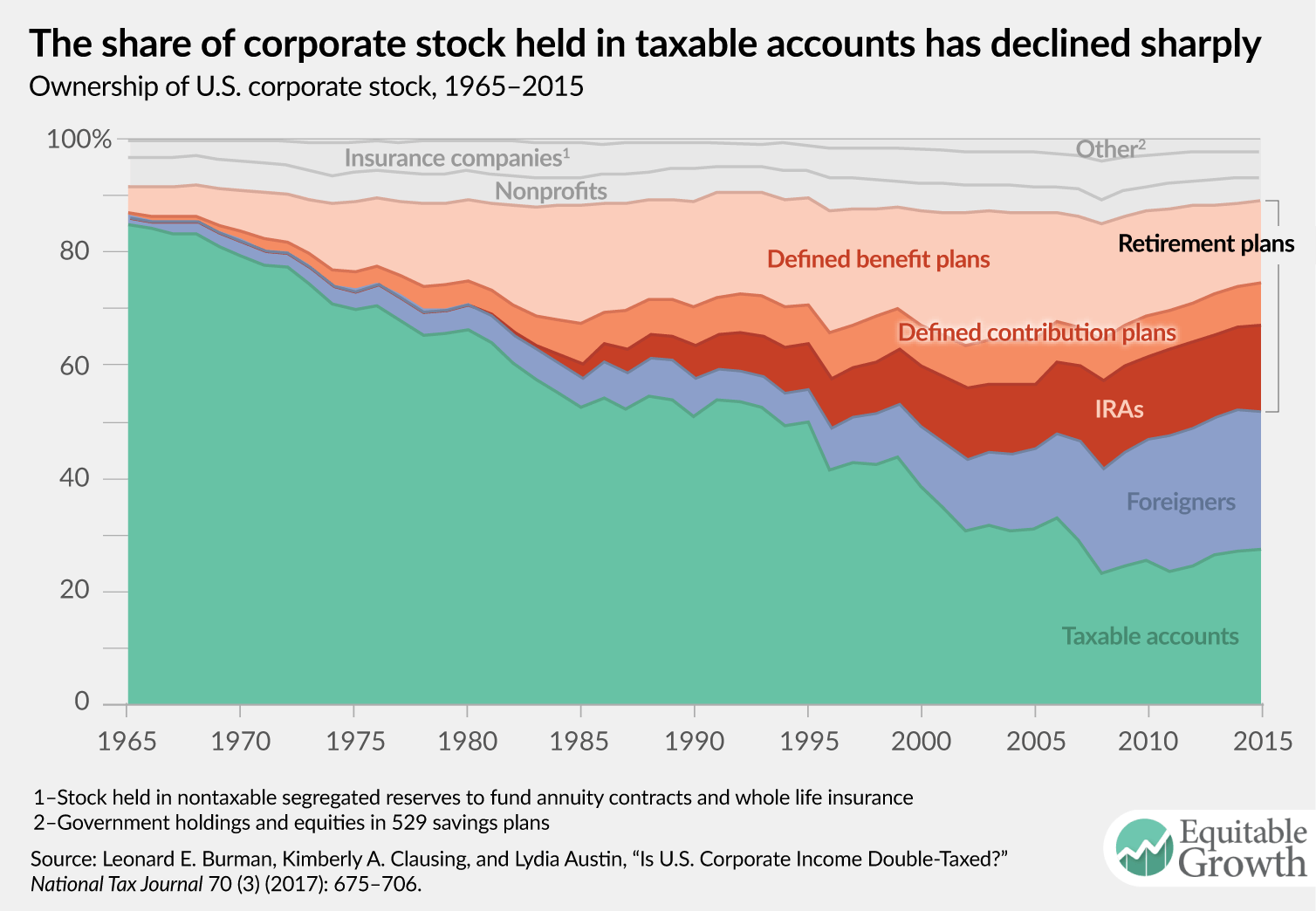Weekend reading: “Medicaid expansion, unpredictable schedules, and monopoly power” edition
This is a weekly post we publish on Fridays with links to articles that touch on economic inequality and growth. The first section is a round-up of what Equitable Growth published this week and the second is the work we’re highlighting from elsewhere. We won’t be the first to share these articles, but we hope by taking a look back at the whole week, we can put them in context.
Equitable Growth round-up
We write about new research that the financial benefits of Medicaid expansion under the Affordable Care Act are double that of previous estimates once you account for the effects that Medicaid has on household credit.
With the Schedules That Work Act garnering renewed attention this week, Liz Hipple looks at what the research says about unpredictable scheduling.
On Tuesday, Jacob Robbins, a Ph.D. candidate in economics at Brown University and a Junior Fellow at Equitable Growth, presented his research on the macroeconomic implications of the rise in monopoly power in the United States over the past 40 years. You can stream Jacob’s seminar here.
Links from around the web
Over the past 40 years, the United States has fallen farther behind its peers in terms of the revenue those nations raise in taxes as a share of gross domestic product. Eduardo Porter steps back from the specifics of our current tax debate in order to examine just why the United States continues to push for a “uniquely stingy tax policy.” [nytimes]
Danielle Paquette writes about a new U.S. Bureau of Labor Statistics report on how the fastest growing jobs are also some of the lowest paying—and dominated by women. Over the next ten years, the BLS predicts 1.2 million more home health and personal care aides—more than the projected job creation in the eight other fastest growing fields combined. [wonkblog]
Pedro Nicolaci da Costa looks at the way that early- and mid- 20th century housing policy explicitly based on segregation is at the root of the racial wealth gaps that exist today. [business insider]
The 18 states that declined to expand their Medicaid programs under the Affordble Care Act are not just passing up billions of dollars to treat poor residents. Margot Sanger-Katz and Kevin Quealy write that these states are essentially subsidizing the others that opted into the Medicaid provision. [the upshot]
What can the Eastern Band of Cherokee Indians tell us about the policy idea of implementing a universal basic income? Through in-depth interviews and a look at the extensive research done on the tribe, whose members have been receiving individual casino revenue payouts since the 1990s, Issie Lapowsky details how the cash payments have had profound positive effects. [wired]
Friday figure

From “The ‘United Framework’ is a proposal for two new wasteful tax expenditures” by Greg Leiserson.

